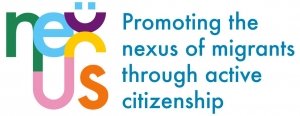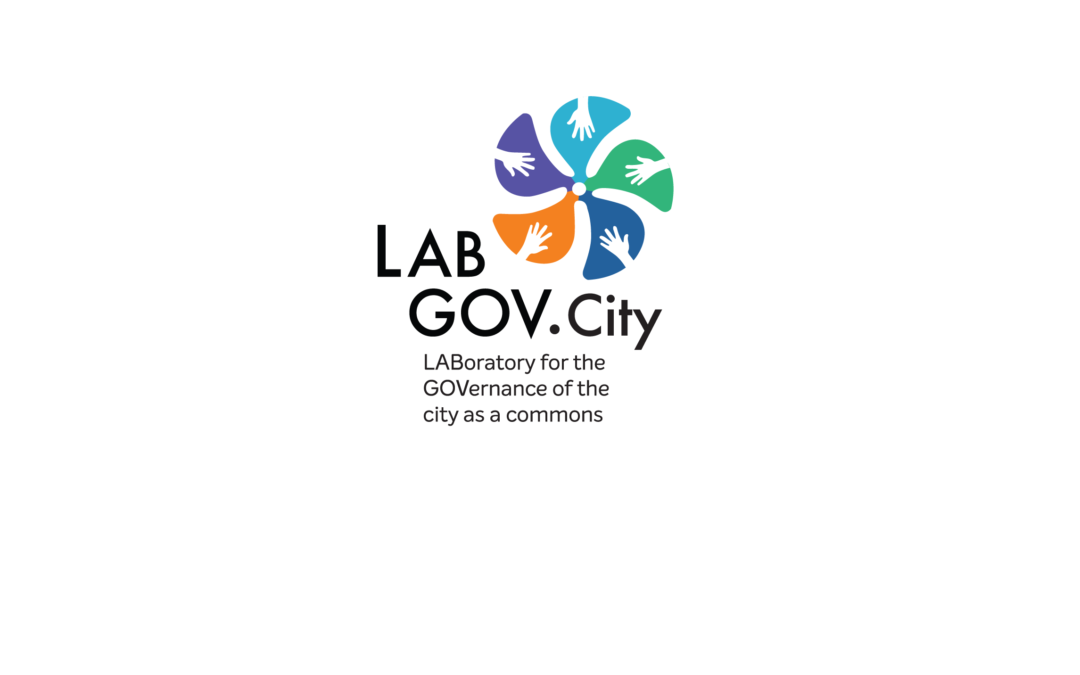LABGOV - The Laboratory for the Governance of Commons
LabGov is applied research laboratory for co-designing public policies for sustainable community development
Tool Self-Assessmet
- Reflect back on the objective of the tool you built: did you exceed it, or fall short? If so, why?
Labgov focuses on the poor governance of urban resources. So what we try to do is basically, we engage with public administrations, and we help them, for example, to participate in the tenders in order to receive funding, and then we help them carry out projects. What we do is we present some policy and legal tools for local administration or to put into practice, urban co-governance. So finding innovative legal and policy tools that actually allow citizens to engage with urban resources.
I can say we’re performing quite well. We increased the number of local authorities with which we’re working, which was very positive. And I can say that on average, we are currently in the right direction, we’ve won several European horizons 21, three horizons 2020 projects. Of course, we can also do something better. But in general, as you were seeing how we’re performing, I think we’re in the right direction.
Bologna is a good example because it showed what we do in a very holistic manner. Because in Bologna, what we helped to do as we prepared the legal framework in order to put into practice, collaborative packs, that basically allow the management of certain resources by society or associations, NGOs, etc. And so we did that on the first step. We had these three pilots within the city of Bologna, which were more focused on co-designing experiences. So this, what we usually do is we help to engage stakeholders, we do workshops, and co-designing sessions in order to understand where the value is, what are they doing, what do they want, know basically the needs, and then together with them craft some sort of solutions to the problem, so that Bologna is a good case, because it tells what Labgov does, from a technical perspective when we do regulate regulation, etc. more in a practical case like we help local communities to then come up with ideas. One thing that we usually stress and that Bologna worked on was also the economic sustainability of projects.
We were very satisfied. It was one of our first big initiatives we did.
- What are the tools’ metrics for success and what does metric say – how well did the tool do?
The fact that we noticed that once we set up this institutional framework that there were more or less 280 collaborative packs, gives you a little bit of an idea of the intensity of the project. Furthermore, what we also did to understand the meaning, of we were performing well, especially when it came to building because one thing we also did in Bologna was building community cooperatives. And what we did was also kind of trying to understand the costs and revenues for this association is that we’re trying to stress a lot on economic sustainability also, to allow the stakeholders to engage with the project without us being there, and kind of, getting expertise. We measured the fact that they were, registering some sort of profits. So they were performing without us being there. One metric was the fact that we have managed to make sure that citizens created either a cooperative, whether Association, or the pilots, so we managed to build something with them that stays in the long run to keep up with the project. So, these were the main things. I don’t want to say that everything is perfect, but we did well considering that Labgov was born in 2012. So that was one of our first initiatives in Bologna.
- Were your assumptions that the tool you built would: increase participation/engagement or tackle an issue/raise awareness correct? Do you think you chose the right approach – and what would you do differently?
I think we decided to use the correct approach, we also implemented our kind of own methodology, which it’s called the co-city protocol, and that is usually like this kind of cycle we use from a methodological perspective to understand the needs of global communities, and then entering into co-designing phases. I think that, in the Bologna case, it increased participation. Because, since it was one of our first projects, we kind of mixed the approaches we use, like some more standardized approaches to, for example, the Lego technique, is basically like building up asking participants to build up some kind of structures within with Lego, literally, with Lego blocks, and that helps them to understand, the values and how they would imagine the future? There was a lot of participation. And so I think that worked. You can take a look at this city protocol link https://labgov.city/co-city-protocol/, if you need some data, it sets the steps we usually follow to deliver our projects.
We use some sort of mixed methodology for the Bologna case. But then, we develop this co-city protocol, which is usually kind of our standard procedure to when, for example, a local authority asks us to deliver a project, and there’s, for example, a critical area, and how would you intervene, etc, we usually follow that protocol.
- What are you hearing from users? What do they enjoy in tool? What do they find challenging?
Our tools are very user-friendly. we use very traditional methods, like canvases, and then the user can attach, for example, a post if we’re, intervening in a certain area of the city, and there’s a neighborhood and you want to like images,know what will this neighborhood be using for now, we have a map. And then citizens can attach posts and say, well, this needs or needs, etc. I think they are very useful. Of course, with COVID especially, we had to use online collaborative tools, which, in that sense, there was some resistance to, because not everyone was familiar with digital tools online. So, it was kind of challenging for us to keep it even more simple, for example, during a workshop, we kind of spent a lot of time dedicated to an explanation of how the tools work, what is the aim? How do you do it? And helping more users. Online collaboration is not like something you can take for granted, especially when you’re not working with young people. Because we can’t say everyone knows how to use technology. So, it’s always something you have to understand and adapt to. So, this was probably one of the issues we found.
We have our society, our website, actually, we have many websites and of course in each web website, there is a possibility to reach out to us and add comments. We are very present on social media. And we are always through the labgov pages either on Facebook, Instagram, etc, especially during workshops, that we provide as soon as the like workshop has ended , already a tool that is aiming at evaluating how we performed. We always keep track constantly because one very important thing is that when you work, especially in the local context, you know, you cannot always apply the same standardized procedure. I think it must be tailor-made. We usually always provide people with questionnaires, multiple-choice questions, or whatever like crafted tools to immediately evaluate how they felt about the workshop.
I can see that then the tools are used and, and people are, on average, satisfied with our interventions.
- Did your tool deliver what you were hoping for? Are they useful for your key user audience? Are they being adopted?
It is complicated, because there are many variables now, especially when you work with a certain methodology, then I can see that on average, we kind of developed some tools to kind of face different situations.
The co-city protocol is something we’re very proud of. And that’s why like I was saying before, that was the result of many pilots, that then kind of transformed into this methodological approach that we use to deliver our projects. So that is probably why maybe like in the implementation phase, usually the end, it works well because of course, with all the people before me, and also because the co-founders are professors in one of the main scholars of collaborative urban governance. This is one of our strengths, the fact that we are very closely related to academia. we had the opportunity to test our methodologies across time and studying and that is maybe our strength.
In 2021, I can say that we did a lot of pilots, a lot of experimentation. So, it might be tough, sometimes, to keep everyone on board, especially because they have contrasting interests. And also because, sometimes we’re not perceived very well, like, for example, we in Rome, we built the first Italian neighborhood cooperative, and at the beginning, the people within the neighbors kind of hated us, because we are affiliated with Luiss, which is a private university, and of course, sometimes, private university, not always perceived, good. One thing I think we need to improve is communication because sometimes we’re not able to disseminate what we did in in the best manner, because sometimes we do these amazing projects and it’s been so tough but we did it and then we cannot communicate and I think that this is an issue because it’s a loss of benefit for many only for us. But sometimes we have some difficulties in explaining correctly what we did, how we did and maybe showing what were the most important parts of the project. Sometimes we kind of miss on that like the core aspects and sometimes we miss on that final phase which some which we have trouble with.
- What worked well through the implementation process? What areas have room for improvement?
One thing that I definitely think we should improve is communication. Because when we deliver projects, we know that if you’re implementing a certain methodology, like co-designing, and getting the stakeholders to know, the possibility to express your opinion and to understand. sometimes they might be a long process.
Tool ID
- GOAL:Co-creation of public policy
- Made by:LUISS Guido Carli University
- Country:Italy
- YEARS ACTIVE:2011 – to date


